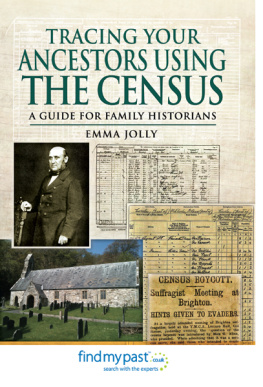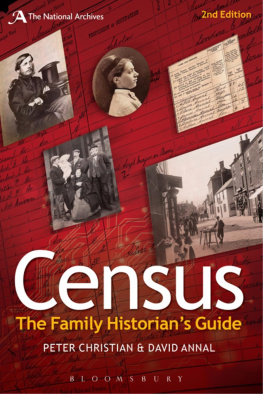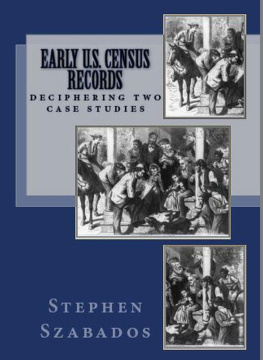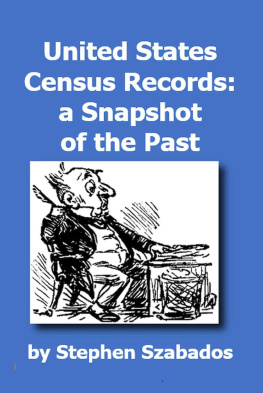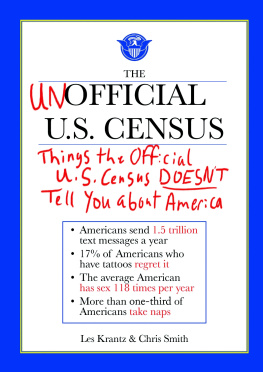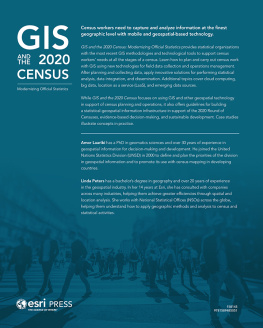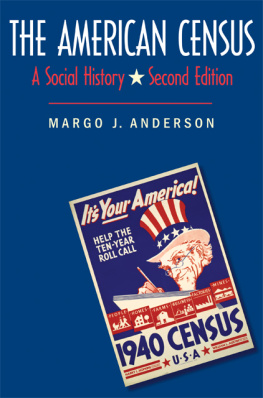Jill Liddington - Vanishing for the vote: Suffrage, citizenship and the battle for the census
Here you can read online Jill Liddington - Vanishing for the vote: Suffrage, citizenship and the battle for the census full text of the book (entire story) in english for free. Download pdf and epub, get meaning, cover and reviews about this ebook. City: Manchester, year: 2014, publisher: Manchester University Press, genre: History. Description of the work, (preface) as well as reviews are available. Best literature library LitArk.com created for fans of good reading and offers a wide selection of genres:
Romance novel
Science fiction
Adventure
Detective
Science
History
Home and family
Prose
Art
Politics
Computer
Non-fiction
Religion
Business
Children
Humor
Choose a favorite category and find really read worthwhile books. Enjoy immersion in the world of imagination, feel the emotions of the characters or learn something new for yourself, make an fascinating discovery.

- Book:Vanishing for the vote: Suffrage, citizenship and the battle for the census
- Author:
- Publisher:Manchester University Press
- Genre:
- Year:2014
- City:Manchester
- Rating:3 / 5
- Favourites:Add to favourites
- Your mark:
Vanishing for the vote: Suffrage, citizenship and the battle for the census: summary, description and annotation
We offer to read an annotation, description, summary or preface (depends on what the author of the book "Vanishing for the vote: Suffrage, citizenship and the battle for the census" wrote himself). If you haven't found the necessary information about the book — write in the comments, we will try to find it.
Vanishing for the vote recounts what happened on one night, Sunday 2 April, 1911, when the Liberal government demanded every household comply with its census requirements. Suffragette organisations urged women, all still voteless, to boycott this census.
Many did. Some wrote Votes for Women boldly across their schedules. Others hid in darkened houses or, in the case of Emily Wilding Davison, in a cupboard within the Houses of Parliament.
Yet many did not. Even some suffragettes who might be expected to boycott decided to comply and completed a perfectly accurate schedule. Why?
Vanishing for the vote explores the battle for the census arguments that raged across Edwardian England in spring 1911. It investigates why some committed campaigners decided against civil disobedience tactics, instead opting to provide the government with accurate data for its health and welfare reforms.
This book plunges the reader into the turbulent world of Edwardian politics, so vividly recorded on census night 1911. Based on a wealth of brand-new documentary evidence, it offers compelling reading for history scholars and general readers alike.
Sumptuously produced, with 50 illustrations and an invaluable Gazetteer of suffrage campaigners.
Jill Liddington: author's other books
Who wrote Vanishing for the vote: Suffrage, citizenship and the battle for the census? Find out the surname, the name of the author of the book and a list of all author's works by series.

